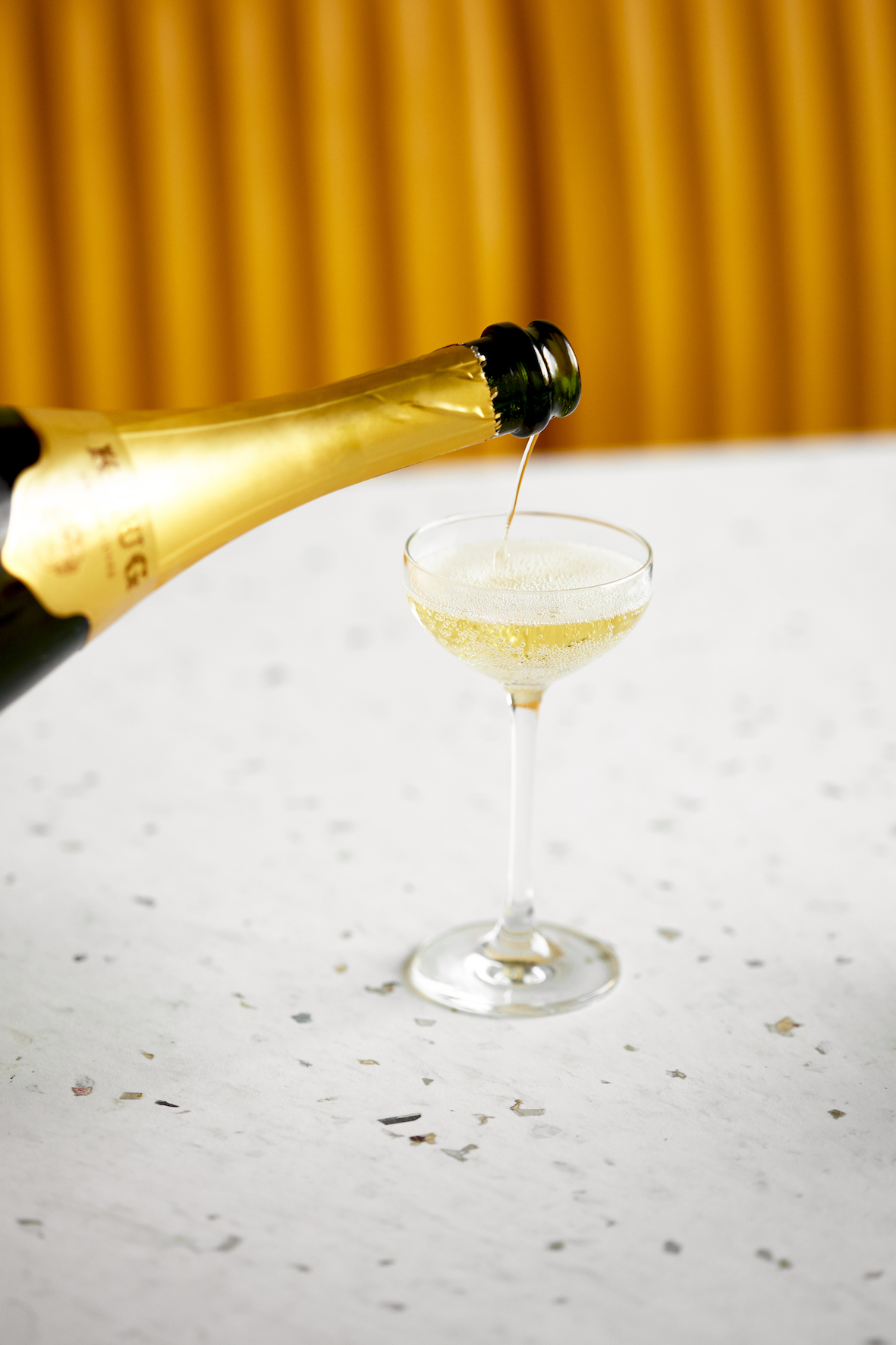Eat Here: Cub Restaurant, HoxtonBy Sam Holder
Remember that simpler time, long before Blue Planet Two and being charged five whole pence for a Tesco carrier bag, when you could walk into a restaurant with no guilt whatsoever.
Before Super-Size Me taught us the horrors of sugar and additives. Before studies proved turning vegan could be the key to saving the environment. When you could scrub those lovely little microbeads all over you body and watch as they danced, flowing down the drain to somewhere nice that you didn’t have to think about.
Well forget it. Because now we know. And you can’t un-know, no matter how hard you try.
In the same way there’s that nagging feeling every time you hit up a fast-food joint, that voice telling you – “this probably isn’t very good for me” – or – “am I eating horse right now?”, one day in the not-too-distant-future it will ask “does this restaurant recycle its food waste?” and “I wonder how many air miles this watercress has…”
Cub is loud and proud about its sustainability credentials. It’s “99 percent vegan” (a few splashes of cream here and there losing it that key 1% apparently). Most of the food is grown in the UK. They re-use their celeriac peelings.
But even in this environmentally enlightened age, we still want our food to taste good. Cub’s perfectly-portioned ‘midweek set menu’ for £45 (4 courses, 3 cocktails) is surely one of the most exciting and thoughtful meals you can dive into in London right now.
Starting with a one-bite dish described as a “seaweed infested rock pool” and finishing with a carrot and sea buckthorn marshmallow-sherbet explosion, the courses are experimental but not too challenging, flavoursome but not too filling. And of course, they highlight sustainable British ingredients that you’ve never heard of.
A celeriac dish uses the entire vegetable, roots and all. It’s paired with a sauce made from a flower (which I’ve forgotten the name of) that tastes like garlic and covered in a recycled coffee husk and hazelnut crumb. Comforting, textural, wintery and very, very clever.
Leftover bread is used to make both a stock for cooking sprouting grains (very trendy) and a sauce to compliment a giant ‘abalone mushroom’ that looks – and feels – like seafood. The point here is clear: you don’t need meat to make a meal.
The cocktails are – as you’d expect from a Mr Lyan establishment – exceptional. This is the man behind Dandelyan, ranked the best bar in the world and easily one of the most inventive, stylish and delicious spots in London. An Aperitivo made from ‘ugly’ pears, Scottish nettle and fancy Belvedere (which you may be surprised to learn takes environmental responsibility extremely seriously) is a lovely, light palate cleanser. Bruichladdich whisky is combined with tart Chanteclar apples and amazake, made from leftover sake ingredients, to create an excellent sour and toasty cocktail. A good counterweight to the rich mushroom main.
If you’re going to try and attract the kind of people who eat set menus into a sustainable restaurant, you’ve got to make it look modern. Mustard yellow leather banquettes, silver-speckled white marble tops and an open kitchen take care of that.
Cub is truly leading the way; a beacon to other restaurants heralding in what will surely be the future of the food industry. The cooking, ethos and style here are all on point. Even taking away the sustainability stuff, on food alone, I’d still come back – especially for their lighter midweek menu.
And in case you were wondering, the watercress at Cub has no air miles. It’s grown in Kent.







